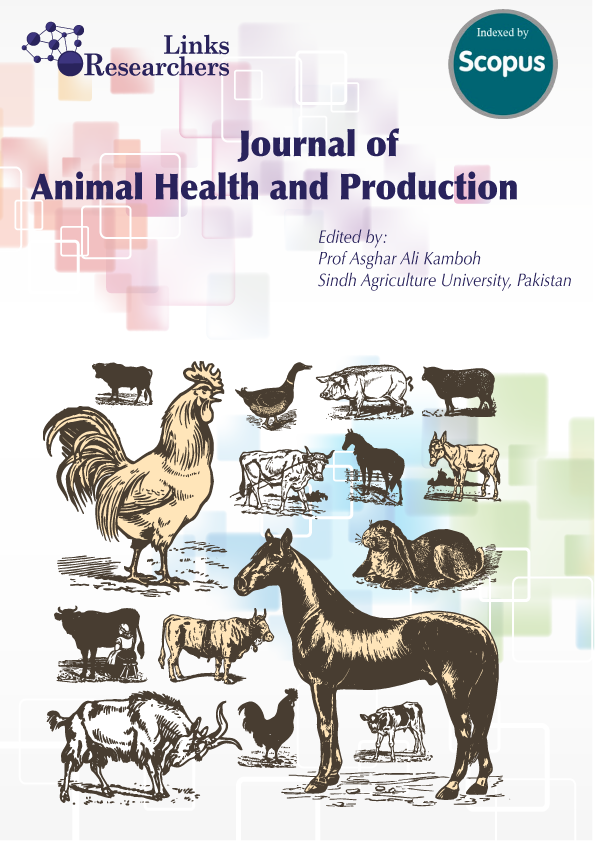Effects of Dietary Supplementation of Fermented Garlic Powder on Productive Performance, Hatchability, and Biochemical Blood Parameters of Layer Breeders
Effects of Dietary Supplementation of Fermented Garlic Powder on Productive Performance, Hatchability, and Biochemical Blood Parameters of Layer Breeders
Chun Ik Lim, Hyeon Kwon Kim, Kang Nyeong Heo, Are Sun You, Hyo Jun Choo*
ABSTRACT
The objective of this study was to investigate effects of dietary fermented garlic powder (FGP) on productive performance and blood biochemical parameters of layer breeders. A total of 360 layer breeders (312 females and 48 males) were randomly divided into four dietary groups: 1) CON, basal diet; 2) FGP0.5, basal diet with fermented garlic powder at 0.5 g/kg; 3) FGP1.0, basal diet with fermented garlic powder at 1.0 g/kg, and 4) FGP2.0, basal diet with fermented garlic powder at 2.0 g/kg. FGP addition had no significant effect on egg production (EP) or egg weight (EW). However, eggs from groups fed a diet supplemented with FGP showed linearly (P < 0.05) higher hatchability (HAT) than those from the CON group fed a basal diet. Regarding blood parameters, serum concentration of albumin (ALB) was significantly (P < 0.05) higher in the group fed diets supplemented with FGP than in the CON group fed a basal diet. FGP supplementation quadratically (P < 0.05) increased serum total protein (TP) level. Aspartate amino transferase (AST), cholesterol (CHOL), and triglyceride (TG) concentrations were significantly (P < 0.05) decreased in the FGP2.0 group than in the CON group. Serum IL-2 level was significantly (P < 0.05) higher in the FGP2.0 group than in the CON group, although IL-6 level showed no significant difference. These findings suggest that dietary supplementation of FGP as a feed additive might improve productive performance and health of layer breeder hens.
To share on other social networks, click on any share button. What are these?





